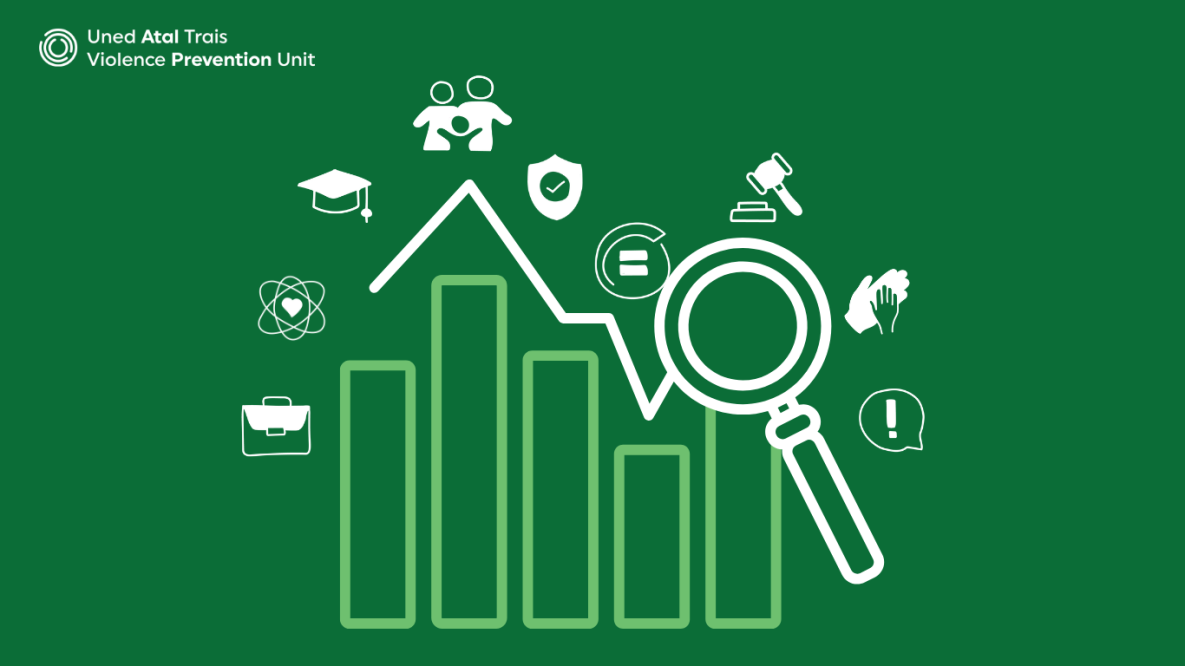
“I became a peer researcher because I didn’t see enough representation of young people in positions of influence. I felt that young people’s experiences are downplayed a lot when they talk about their experiences to professionals.”
Muna
“I am part of a LGBTQ+ youth group called GWIR and the then-head of the group knew how I was interested in social action and change for young people, and she told me about PAC peer researchers and here I am!”
Tesni
“I joined the team because I wanted to share my experiences and ensure that young people are heard.”-
Anastasiia
Muna (18), Tesni (17) and Anastasiia (20) are PAC Cymru peer researchers. PAC Cymru, funded by Youth Endowment Fund, is a network of young people dedicated to creating a positive change in their communities by conducting innovative research and taking proactive action to address issues surrounding violence among children and young people. As PAC peer researchers, they’ve worked with various multi-agency partners such as the Police, Cardiff University's Children’s Social Care Research and Development Centre (CASCADE) and the VPU on a wide range of topics, including understanding the causes of violence among children and young people and exploring the role of trusted adults.
This group of young researchers play an important role in ensuring the voices of children and young people are heard and their work bridges the gap between children, young people and professionals. “Even though we are young people ourselves, we don’t know what every single young person is going through. We meet people from different cultures, ethnicities- each one of them can have different experiences, so we are always learning new things from the young people we talk to. We are always learning and broadening our perspectives,” remarked Muna.
The team are conscious of creating a safe and inclusive space for young people to feel comfortable opening up and talking to them. Their approach in creating a safe space includes meeting them in places they are comfortable, adapting questions, ensuring there is access to support if needed. Their approach of communicating and connecting with children and young people has received positive feedback from parents and youth workers as well as the young people involved. Tesni remarked that the peer researchers being a diverse group and being young people themselves, made them relatable and made it more comfortable for children and young people to reach out. “We listen to everything. Every single random, nuanced and oddly specific thing- we listen to their voice and make sure they are heard. We don’t see children and young people as tick boxes for research, but see them as people with different experiences,” shared Tesni.
Along with creating a safe space for young people to talk to them, the group also ensures that they continue working with children and young people and strengthening their bond with them. “We stay connected with the young people, and make sure they know they could reach out to us later if needed. We network with them and invite them to our events as we also conduct workshops and focus groups,” shared Anastasiia. Some of these events are influenced by their research and what they’ve heard from young people.
The peer researchers also highlighted that they work with professionals, ensuring that young people’s experiences influence work in policy and decision-making especially relating to violence among children and young people, thereby supporting the creation of a Wales without violence.